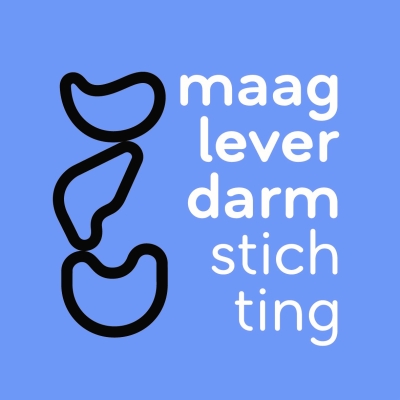The impact of a wide variety of dietary lipids on microbiota composition and functionality
There is growing evidence that various dietary fats can modulate the microbiome and hence have a beneficial impact on human health. A consortium has been formed with knowledge institutes, companies and the Dutch Digestive Foundation to explore the potential of dietary fats and oils to positively impact human health in novel ways.
Dietary fats are digested and absorbed to a large extent in the small intestine and therefore research into the interaction between dietary fat and the intestinal microbiome has been limited. However, besides direct pro- and antimicrobial effects, it has been shown that some commensal bacteria are capable of transforming dietary fatty acids into biologically active molecules benefitting host immunity and metabolic health. There are also indications that microbiota in the small intestine, although fewer in number than in the colon, can play a relevant role in the metabolisation of fats.
So far, research is mainly limited to animal studies and the goal of this project is to 1) build an in silico prediction model of the fat metabolising capacity of the human microbiome; 2) identify potential of a wide variety of dietary fats to modulate microbiota composition and functionality using in vitro models; 3) validate and verify findings in a (new) human intervention model focusing on the small intestine.










